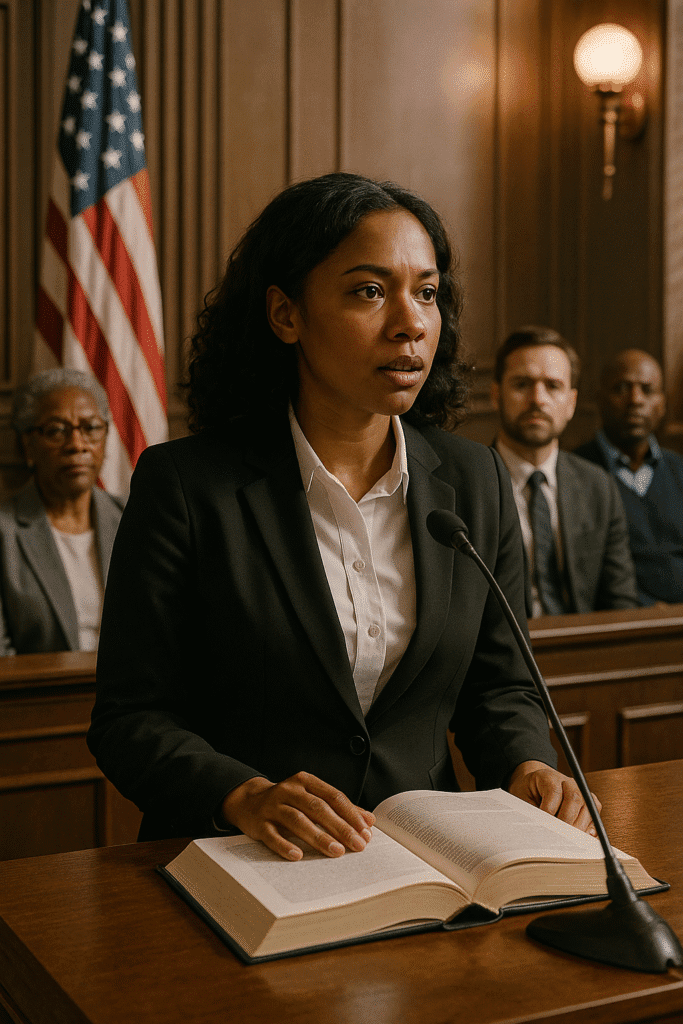BANGKOK LEGAL CONSULTING CO.,LTD.

Lawyers are more than just courtroom advocates—they are champions of justice, defenders of the oppressed, and essential players in the fight for civil rights. Their commitment to equality and fairness makes them a powerful force for societal change.



